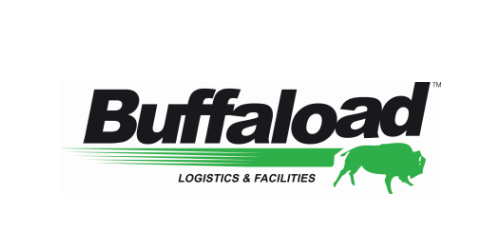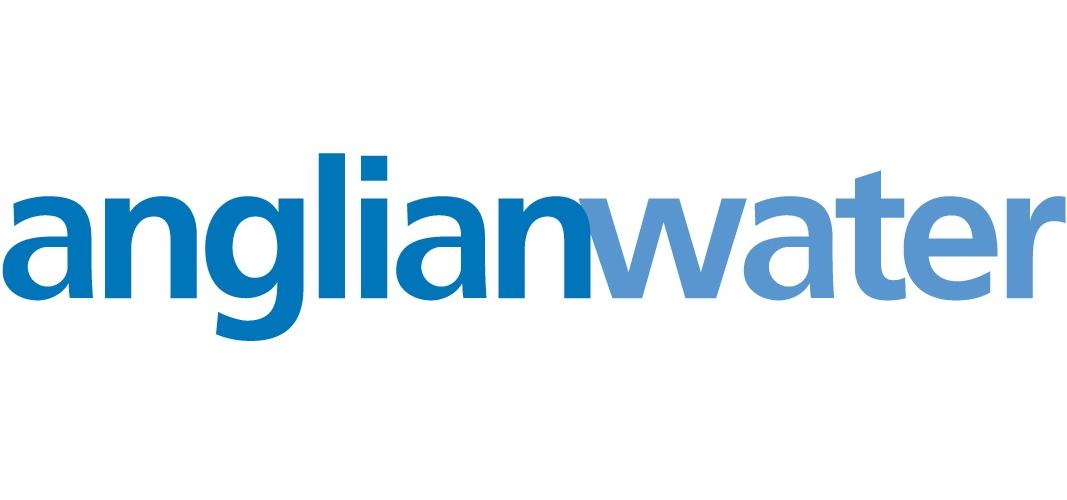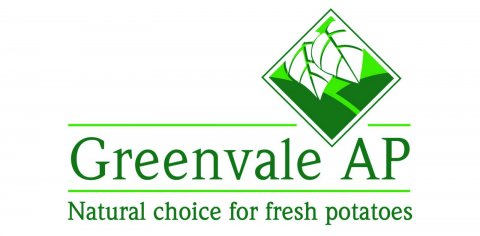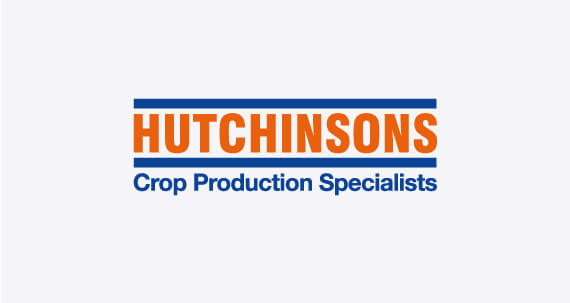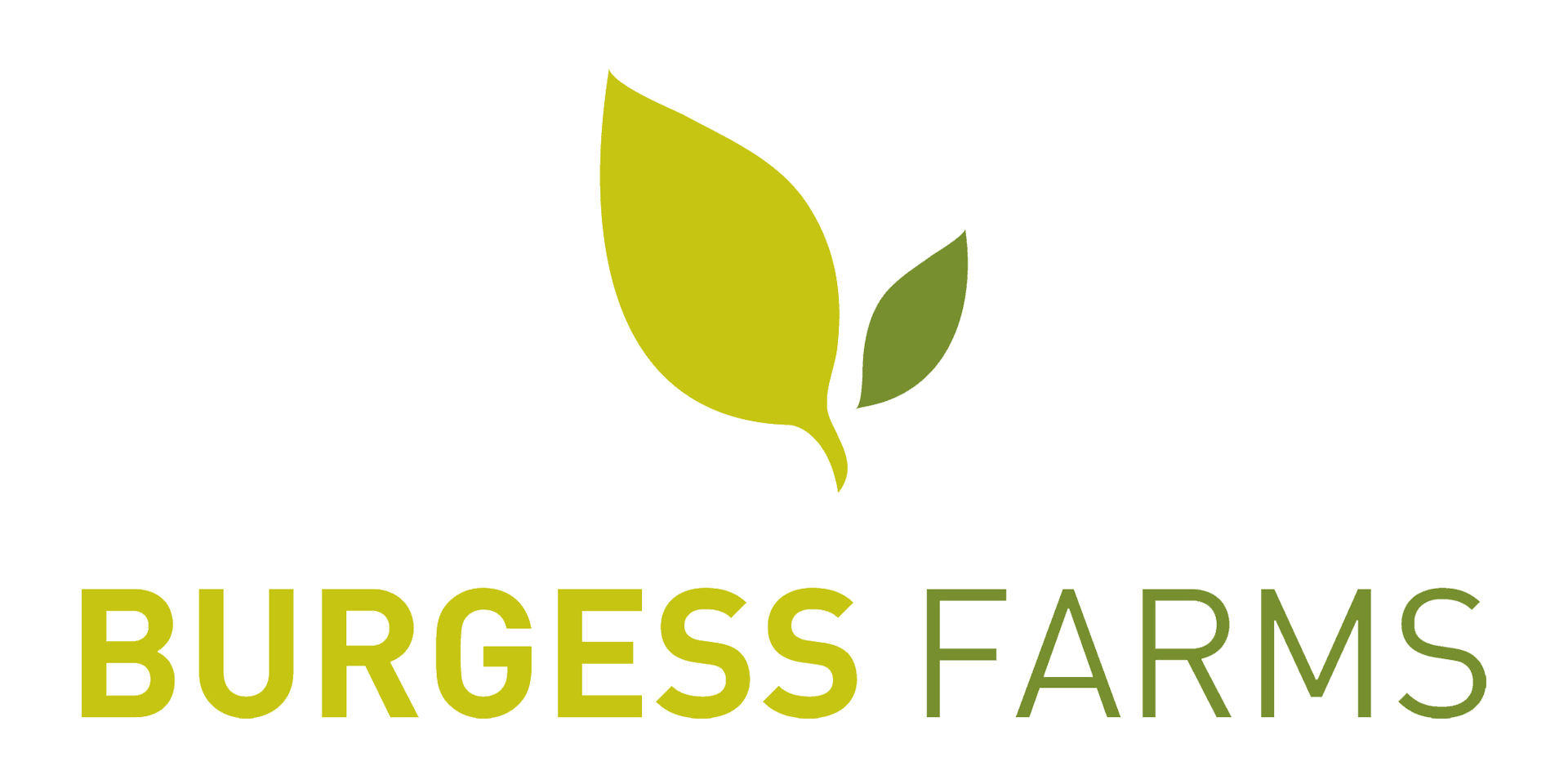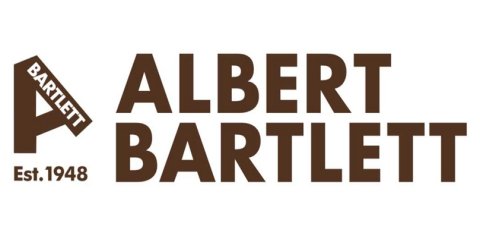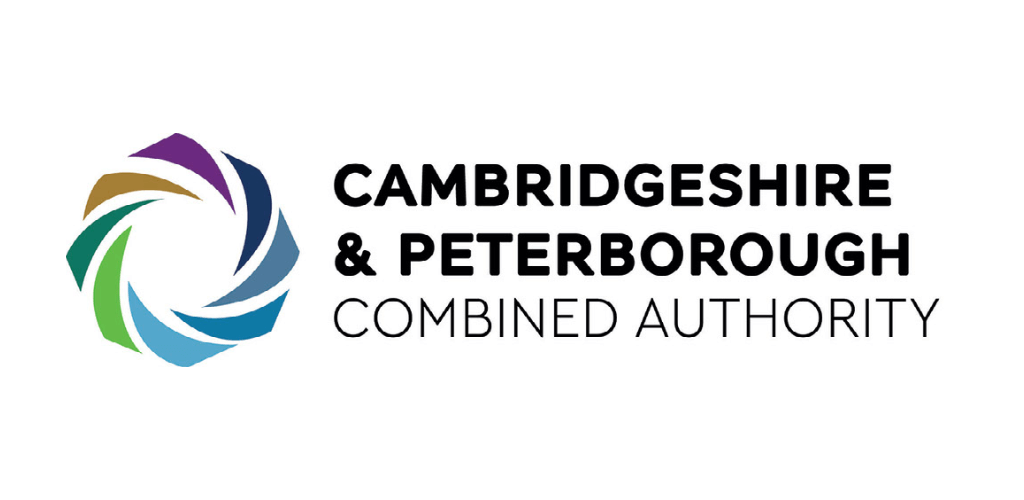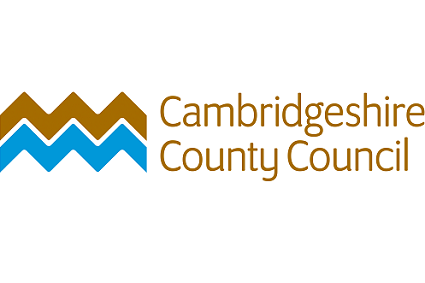On Tuesday 28th November the Fenland SOIL team, along with many of our members attended Defra’s regional Lowland Agricultural Peat Workshop in Peterborough. It provided an opportunity for a wide range of stakeholders to discuss opportunities and challenges relating to farming on lowland peat in the Fens.
The morning session included presentations from government organisations on their work to tackle emissions from Lowland Agricultural Peat. The first presentation from Defra covered actions in response to the Lowland Agricultural Peat Taskforce Report. The core action areas included water management, sustainable farming, support for people and partnerships, and science and innovation.
An update was then provided on the Environmental Land Management (ELM) schemes, which are currently quite limited for lowland agricultural peat. There are currently options under Countryside Stewardship (CS) to raise the water table between 10-30cm either on arable land (SW17) or grassland (SW18). Development of existing and further actions are due to be published towards the end of the year and should be designed to provide more flexibility.
The IUCN presented on their Peatland Code, which was updated in March 2023 to include lowland fen peatland for the first time. Due to the vast public funding gap, the code is designed to enable peatland restoration projects to market ecosystem services to private buyers, particularly on voluntary carbon markets. Projects must last a minimum of 30 years, up to a maximum of 100 years. However, there are still some uncertainties around how carbon benefits are currently quantified and how this could change over the lifetime of a project.
This was followed up by Defra group research, which sets out to identify and research evidence gaps surrounding lowland peat restoration, such as the impacts on food security and the extent and condition of peat within the Fens. Their ongoing project is Lowland Peat 3, which is researching the feasibility and risks of managing lowland peat, especially the constraints of water availability and conveyance. The key message was that the Fens currently fall in an evidence poor area, with many hypotheses surrounding management strategies but few accessible solutions.
The morning was rounded off by an update from Natural England on the Paludiculture Exploration Fund (PEF), and Fenland SOIL General Manager Megan Hudson highlighting the work of Fenland SOIL in addressing some of the challenges presented earlier in the morning.
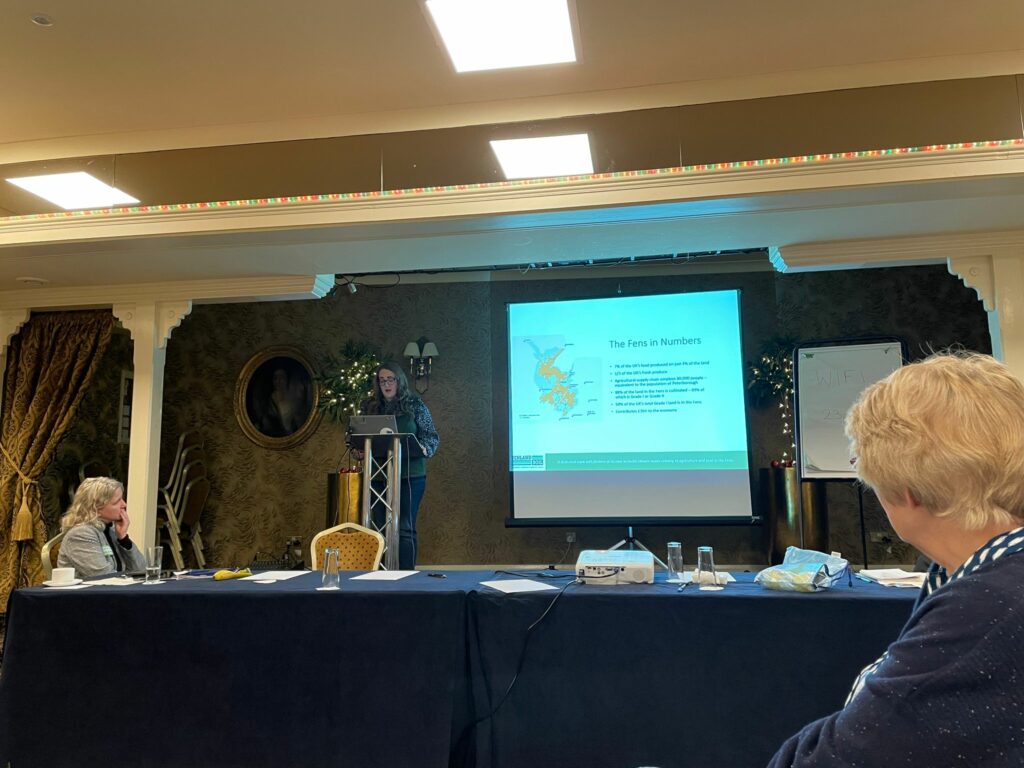
The afternoon session facilitated discussion in breakout groups on ways to reduce carbon emissions on lowland peat and the barriers that stakeholders on the ground see to implementation. There were some interesting insights covering a range of factors including the complexities of water management and the value of food production in the Fens. We look forward to seeing how Defra use these inputs going forward to help shape policies that are practical for our unique landscape.











